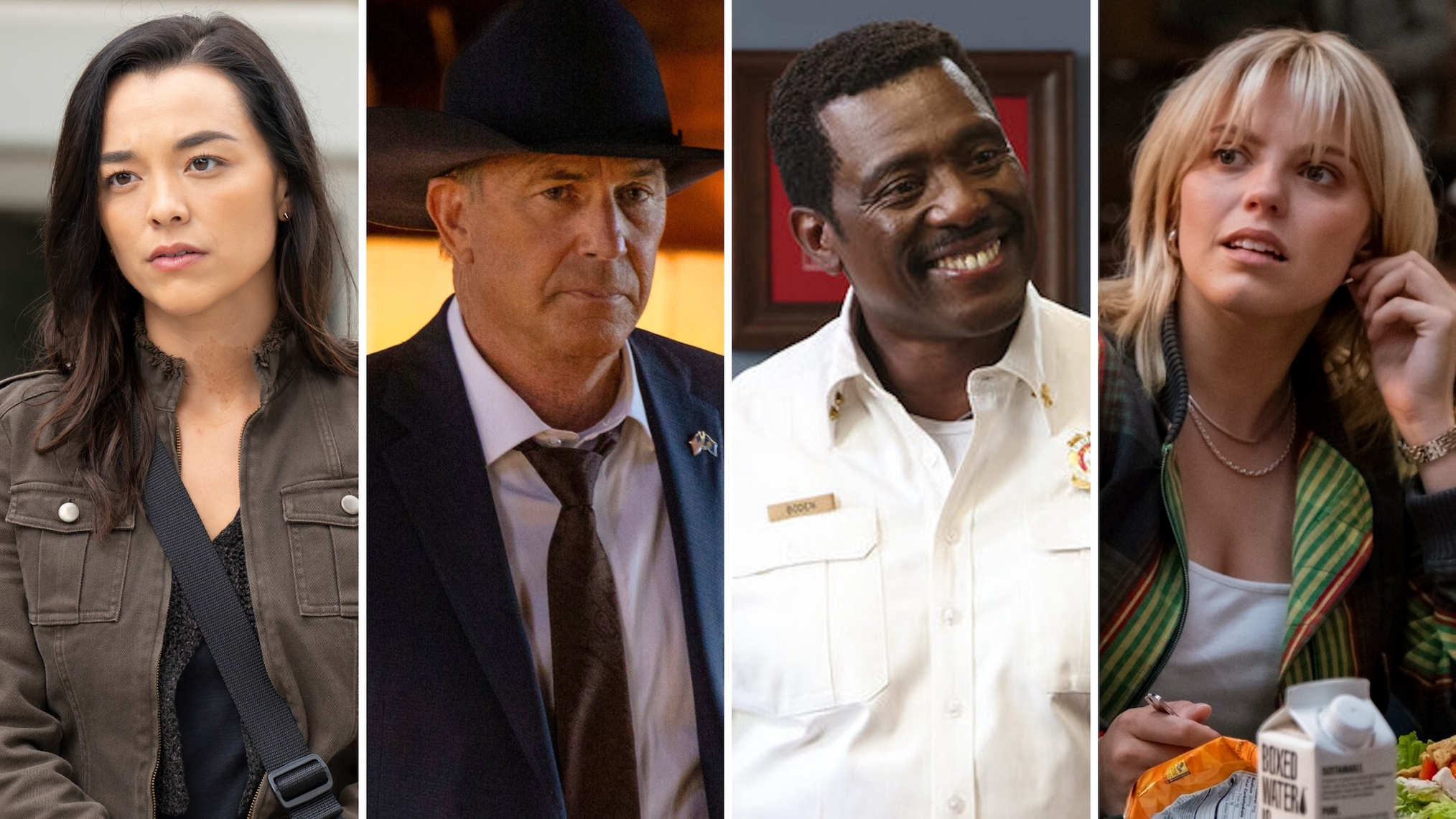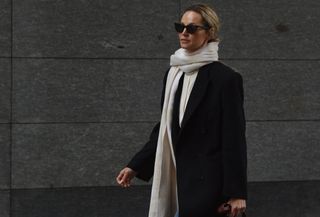
Asana CEO Dustin Moskovitz has been a critic of Elon Musk and Tesla for years, but his latest jabs at the billionaire CEO and his EV giant were a bit more pointed than usual.
“I know I sound crazy to most people who don’t follow $TSLA closely but at this point it really needs to be said. This is Enron now, folks,” he wrote in a Thread on Friday. “It may keep going, but people are going to jail at the end.”
Moskovitz’s comparison of Tesla to Enron, the Houston-based energy-trading and utility company that went bankrupt in 2001 after one of the biggest accounting scandals in history, is serious, to be sure. Enron used fraudulent accounting practices to overstate its revenues by 95%, but it took years for regulators to discover the scandal. Fortune’s Bethany McLean was the first to raise questions about Enron in a March 2001 article, ultimately leading to the company’s downfall.
While Musk and Tesla have not been accused of overstating revenues, Asana’s Moskovitz alleges they are outright lying about their full self-driving technology (FSD). “The data is presented in fraudulent ways, and it doesn’t say what they claim it says even when they make it up,” he wrote. “Tesla has committed consumer fraud on a massive scale, from lying about FSD, ranges, and (recently, unconfirmed!) even inflating odometers…also securities fraud.”
Representatives for Asana and Tesla did not immediately respond to Fortune’s request for comment on Moskovitz’s claims. However, Musk responded to Moskovitz on X.com on Friday. “What a retard,” he wrote, following that up with: “I’d like to apologize to Dustin Moskowitz [sic] for calling him a “retard.” That was wrong. What I meant to say is that he is a pompous idiot whose his head is so far up his own ass that he is legally blind. I wish him the best and hope that someday we can be friends.”
Moskovitz cofounded Facebook before starting the work management software company Asana in 2008 and has become a prominent critic of Musk in recent years. The tech entrepreneur believes Musk has overpromised when it comes to Tesla EVs’ range and technology advantage over competitors, duping investors and his employees. Moskovitz, who has been a major donor to the Democratic Party in the past, is also a critic of Musk’s politics, even calling on the Tesla CEO to resign after he called an anti-Semitic post “the actual truth” last year.
This time, Moskovitz pointed to irregularities in a graph that detailed miles driven by Tesla’s full self-driving technology in the company’s first-quarter earnings call, labeling it “fraudulent.”
“The graph Tesla AI released yesterday was manipulated to show an exponential growth trend,” he argued, adding that this likely was done to support Tesla’s robo-taxi announcement. Earlier this month, Musk announced that Tesla will reveal its robo-taxi at an Aug. 8 event, and teased a ride-sharing function in Tesla’s app.
Musk and Tesla certainly have a long history of making predictions that turn out to be, at the very least, a bit premature, particularly when it comes to self-driving. Back in 2015, Musk told Fortune that Tesla’s cars would have level 4 autonomy, which would allow for unmonitored self-driving, in two years. In 2019, the billionaire CEO followed up that prediction by saying that he was “very confident” there would be 1 million fully autonomous Tesla robo-taxis on the road by 2020. While Tesla made immense progress on its self-driving tech since 2015, today the company only has a level 2 autonomous driving system, which means the car can control some functions, but the driver still must have hands on the steering wheel.
Tesla has also faced legal challenges because of some of its full self-driving claims recently. Attorneys from Pomerantz LLP alleged that Tesla’s tech is a fraud in a case filed in federal court in California this month. The attorneys claim that Tesla tricked investors by overselling its full self-driving software, exposing them to regulatory risk and reputation harm due to the threat of accidents or injuries. The lawsuit comes after the California Department of Motor Vehicles accused Tesla of false advertising in regards to its full self-driving technology.
For Moskovitz, Tesla’s history of making dubious claims is just an example of why investors should maintain a healthy amount of skepticism. “And I guess just a PSA to investors out there: You only get eventual justice with the SEC, if you even get that. You shouldn’t assume you’re being told the truth by any of these public companies,” he wrote. “We tell the truth at Asana, but empirically that is not true of other companies and I don’t know anymore how to tell which is which.”
Subscribe to the CFO Daily newsletter to keep up with the trends, issues, and executives shaping corporate finance. Sign up for free.
Read The Full Article Here





















